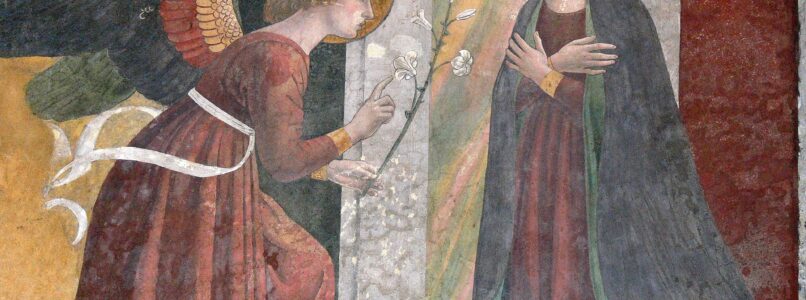I woke up yesterday with a strong urge to write about the possible means of “you are all gods”. So this is what I am doing. It is found in Psalm 82:6 (thus the title).
In John 10:31-39, Jesus is recorded as saying “Is it not written, ye are all gods?” I am going to explore the source of this quote. I will lay out the different ways the psalm could be understood and then see which ones fit with the way Jesus used it.
In Psalm 82 we see God rendering judgement in the assembly of the gods. What is this about?
The numbering of these theories is just to make internal referencing easier. The numbers are purely a product of the order in which I came to write or find them.
Theory 1: There are other gods
On the simplest reading, it would seem a given that other gods are real but that He is The Most High God. In effect, God is the other god’s God.
God as The Most High can be found in Genesis 14:18–20, Deuteronomy 32:8, Numbers 24:16, Genesis 14:18–20 and Psalm 97:9.
However, these other gods have failed to uphold justice and are condemned to die like mortal men.
Theory 2: These are angelic beings (before the fall)
It could be taken that these are not gods but angels that have fallen and failed to protect the downtrodden. Demons, to most minds.
This is a necessary interpretation if you reject Theory 1 and (coming next) Theory 3.
To be honest, this does not seem to me to be an easy fit with the text and likewise a bad fit with other similar teachings. That said, it seems a popular enough theory to be included within the NET footnotes.
Theory 3: These are kings and rulers (or the station of a sovereign)
According to Brown-Driver-Briggs, SH430 (Elohim – אֱלהִים – plural form of Eloah) offers the translation as “rulers, judges, either as divine representatives at sacred places or as reflecting divine majesty and power”.
This is established enough of an idea to be mentioned in the NET footnotes.
Theory 4: The polemical view
This one I learned from the NET footnotes but I had to look up polemic. A polemic is a strong verbal or written attack on someone or something. In other words, this Psalm is attacking someone or something.
The psalm might be a reference to the Canaanite high god El, who presided over the Canaanite divine assembly. In this case, God invades the Canaanite assembly of gods and passes judgement on them.
…then the psalm must be understood as a bold polemic against Canaanite religion. Israel’s God invades El’s assembly, denounces its gods as failing to uphold justice, and announces their coming demise. For an interpretation of the psalm along these lines, see W. VanGemeren, “Psalms,” EBC 5:533-36.
Footnotes, NET
Which one did Jesus use?
To recap: In John 10:31-39 Jesus is accused of blasphemy by claiming to be the son of God. He replies, “Is it not written in your law, ‘I said, you are gods’?”
I think it is safe to say that we can rule out the reading I titled theory 2 (angelic beings) as not applicable here. Likewise, the one I labelled theory 1 is highly unlikely in a Jewish setting.
The psalm was understood in rabbinic circles as an attack on unjust judges who, though they have been given the title “gods” because of their quasi-divine function of exercising judgment, are just as mortal as other men.
Footnotes, NET
It would seem to me that Jesus used the reading of the Psalm that I labelled theory 3. This does not, I feel, invalidate theory 4 (the polemic) on account of – as a part of scripture – it could be read on two or more levels.
If Jesus is using the reading that those who hold power do so with God’s authority then to say he is the son of God would be both true physically and metaphorically. To be the “son of [blank]” meant to embody the character of that thing. Jesus was, then, stating that he was acting under the authority of God. Given the miracles that he performed it would be hard to say otherwise.
Conclusions
I did not know where this was going when I woke up today. I was aware of two possible ways to read it. It was only through digging in and reading translation notes and footnotes that two more possible readings of the Psalm were suggested. From those a deeper way to understand the words of Jesus became available.
There are many implications to consider here but the one I think is most important is this: God looks harshly upon those who support the corrupt and oppress the downtrodden. A warning to leaders everywhere.
Defend the cause of the poor and the fatherless.
Psalm 82:3-4
Vindicate the oppressed and suffering.
Rescue the poor and needy.
Deliver them from the power of the wicked.

